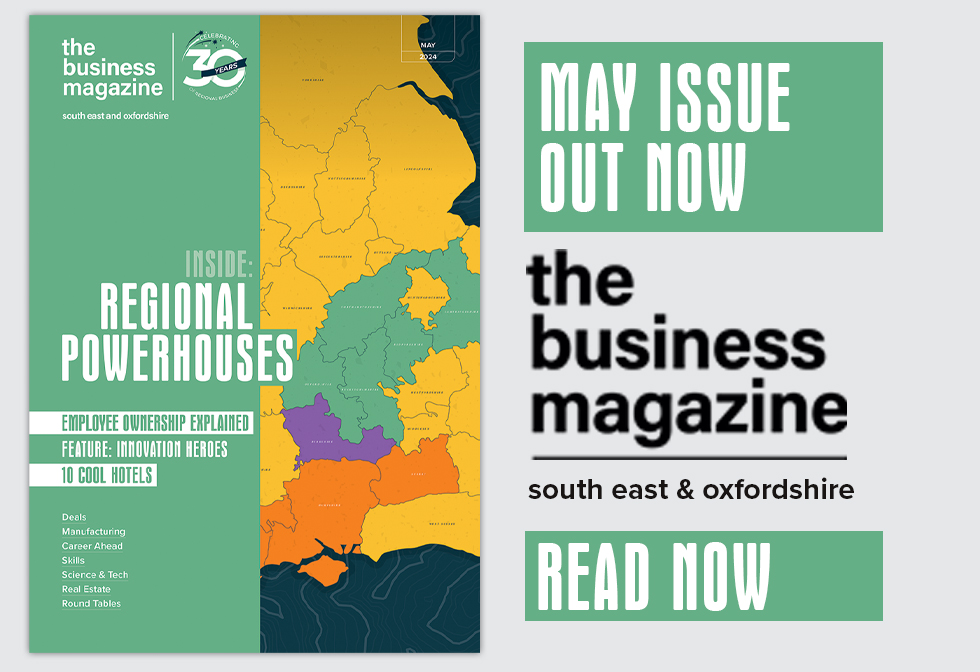What are preferential payments in insolvency?

By Chelsea Williams - an experienced debt help adviser at Scotland Liquidators (part of the Begbies Traynor Group) who specialises in the range of insolvency options available to companies and individuals in Scotland.
What are preferential payments in insolvency?
When a director becomes aware – or ought to have become aware – that their company is insolvent, there are a number of legal duties and responsibilities that they must ensure they adhere to during this time. One of these duties is to ensure that all outstanding creditors are treated fairly and that no activity which could worsen the position of the company’s creditors is engaged in. Making the decision to pay one creditor while leaving others unpaid could be seen as a ‘preferential’ payment, and entering into this type of transaction is a serious breach of your duties as the director of an insolvent company.
Should the insolvent company later enter into formal insolvency proceedings, any suspected preference payments will be closely investigated.
What counts as a preferential payment?
Preferential payments are made with the intention to place the recipient into a more favourable financial position than they would have otherwise been had the transaction not taken place.
In reality this may involve paying off a loan which has been secured with a personal guarantee, prioritising repaying money owed to friends, family, and any companies they are involved with, as well as making a payment to a creditor you wish to continue doing business with in the future to the detriment of others to whom the company owes money.
How are preference payments investigated?
When a company enters into formal insolvency proceedings, the appointed insolvency practitioner is duty bound to undertake investigations into the conduct of the company’s directors during the period leading up to the company becoming insolvent.
One of the things the insolvency practitioner will be on the lookout for are instances of preferential transactions. They will scrutinise all transactions coming both in and out of the business for a period of up to two years prior to the start of insolvency proceedings.
When it comes to preference payments, transactions made to connected parties in the two years prior to the company entering formal insolvency proceedings will be examined, while those made to unconnected parties will be looked at for the six months before insolvency proceedings started.
When it comes to proving a suspected preference payment, the company must have been insolvent at the time of entering into the transaction – or the transaction itself must have caused the company to become insolvent – and a ‘desire to prefer’ must also be clearly demonstrated as the motivation for the transactions. For transactions to connected parties, this desire to prefer is presumed and does not have to be proven any further.
What are the consequences of making a preferential payment?
The court can make any order it thinks necessary to restore the company to the position it was in prior to the preference payment being made.
In some cases the transaction will be made void by the courts and will need to be reversed; this will mean the recipient will need to repay the money back to the insolvent company. In other cases, the directors of the insolvent company may be required to compensate for the losses incurred and make a contribution to the company’s assets which can then be used to repay creditors as far as possible.
What can a director do to mitigate the risk of making a preference payment?
Due to the potentially serious ramifications of making a preference payment, directors should ensure they take swift action at the earliest signs of insolvency to minimise the chances of making such a payment.
Appointing a licensed insolvency practitioner will ensure all creditors are treated fairly and in accordance with the Insolvency Act 1986. All company assets will be identified as part of the liquidation process, with the funds realised being used to repay creditors according to a set hierarchy as set out in the Act.

















